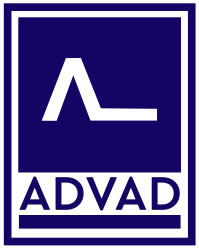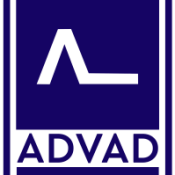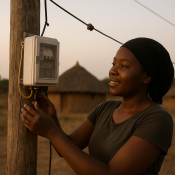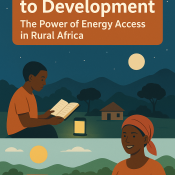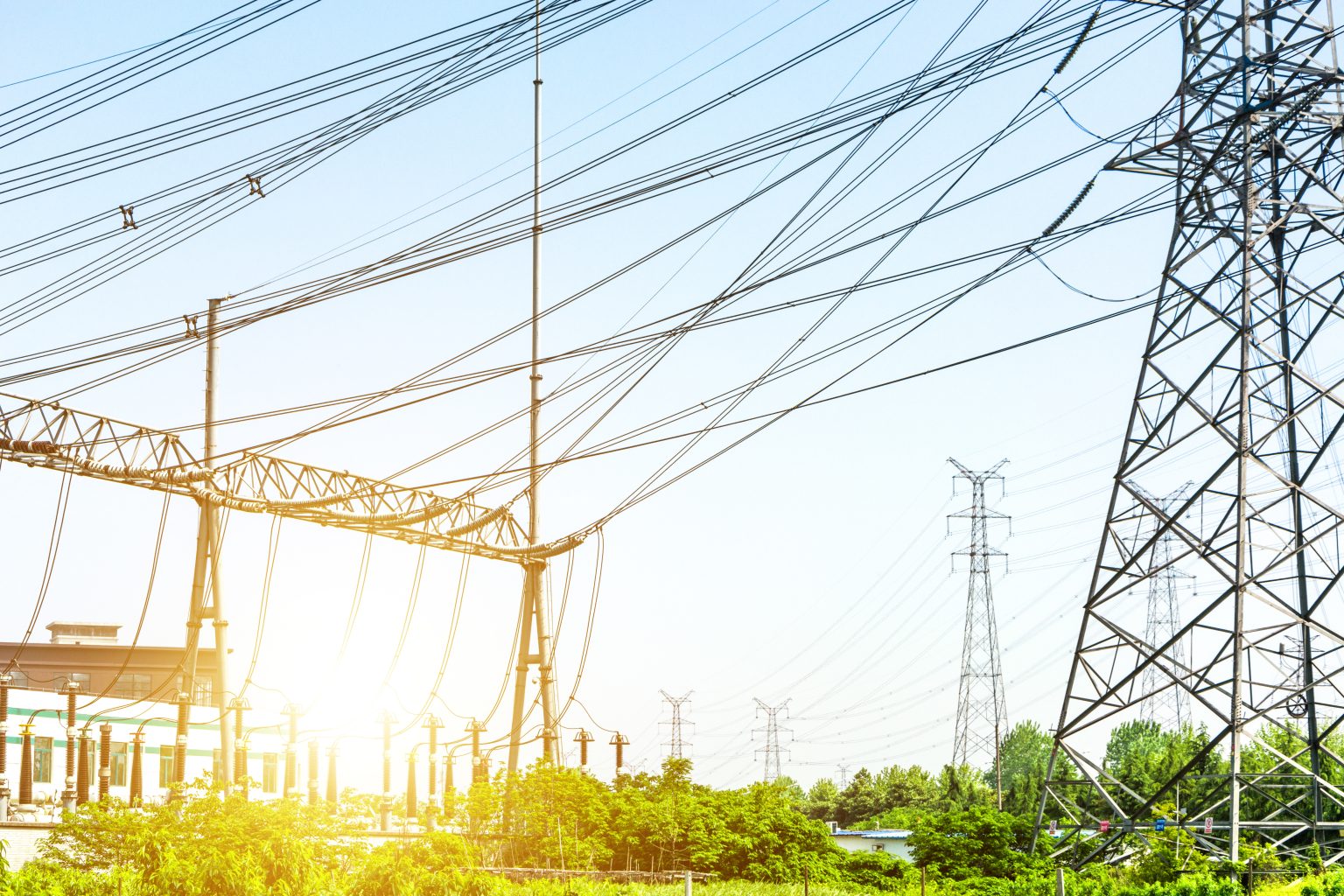
Power sector reforms in Nigeria
Nigeria has been undergoing power sector reforms for several years in an attempt to address the challenges and inefficiencies in its electricity sector. The power sector in Nigeria has historically been plagued by issues such as inadequate generation capacity, unreliable distribution networks, and financial instability of power companies. The government initiated reforms to attract private investment, improve service delivery, and increase overall electricity generation and distribution.
Here are some key points about power sector reforms in Nigeria up to 2021:
Privatization of Generation and Distribution Companies: One of the major steps taken was the privatization of state-owned power generation and distribution companies. These entities were unbundled into separate generation and distribution companies to encourage competition and private sector participation.
Electricity Regulatory Framework: The Nigerian Electricity Regulatory Commission (NERC) was established as an independent regulatory body to oversee the activities of the power sector, ensure fair competition, and protect the interests of consumers 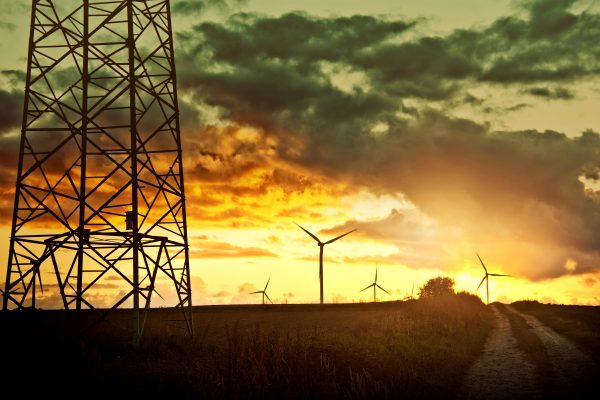 Tariff Reforms: The government aimed to implement cost-reflective tariffs to ensure that the prices charged for electricity were aligned with the costs of generation, transmission, and distribution. This was aimed at attracting private investment and improving the financial viability of the sector.
Investment in Infrastructure: Efforts were made to improve the electricity infrastructure in terms of generation, transmission, and distribution. This included upgrading power plants, expanding transmission networks, and reducing losses in distribution.
Renewable Energy Promotion: Nigeria also recognized the importance of diversifying its energy mix and reducing dependence on fossil fuels. As a result, there were efforts to promote renewable energy sources like solar and wind power.
Challenges and Criticisms: Despite the reforms, the Nigerian power sector continued to face challenges such as inadequate gas supply to power plants, technical and commercial losses, inadequate revenue collection, and challenges in enforcing cost-reflective tariffs. This led to criticisms from various stakeholders about the pace and effectiveness of the reforms.
Consumer Engagement: Efforts were being made to increase consumer awareness and engagement in the reform process. Improved communication and grievance redressal mechanisms were introduced to address consumer concerns.
Please note that developments may have occurred after September 2021 that I am not aware of. It’s recommended to consult more recent sources for the latest information on the status of power sector reforms in Nigeria.
Tariff Reforms: The government aimed to implement cost-reflective tariffs to ensure that the prices charged for electricity were aligned with the costs of generation, transmission, and distribution. This was aimed at attracting private investment and improving the financial viability of the sector.
Investment in Infrastructure: Efforts were made to improve the electricity infrastructure in terms of generation, transmission, and distribution. This included upgrading power plants, expanding transmission networks, and reducing losses in distribution.
Renewable Energy Promotion: Nigeria also recognized the importance of diversifying its energy mix and reducing dependence on fossil fuels. As a result, there were efforts to promote renewable energy sources like solar and wind power.
Challenges and Criticisms: Despite the reforms, the Nigerian power sector continued to face challenges such as inadequate gas supply to power plants, technical and commercial losses, inadequate revenue collection, and challenges in enforcing cost-reflective tariffs. This led to criticisms from various stakeholders about the pace and effectiveness of the reforms.
Consumer Engagement: Efforts were being made to increase consumer awareness and engagement in the reform process. Improved communication and grievance redressal mechanisms were introduced to address consumer concerns.
Please note that developments may have occurred after September 2021 that I am not aware of. It’s recommended to consult more recent sources for the latest information on the status of power sector reforms in Nigeria.
 Tariff Reforms: The government aimed to implement cost-reflective tariffs to ensure that the prices charged for electricity were aligned with the costs of generation, transmission, and distribution. This was aimed at attracting private investment and improving the financial viability of the sector.
Investment in Infrastructure: Efforts were made to improve the electricity infrastructure in terms of generation, transmission, and distribution. This included upgrading power plants, expanding transmission networks, and reducing losses in distribution.
Renewable Energy Promotion: Nigeria also recognized the importance of diversifying its energy mix and reducing dependence on fossil fuels. As a result, there were efforts to promote renewable energy sources like solar and wind power.
Challenges and Criticisms: Despite the reforms, the Nigerian power sector continued to face challenges such as inadequate gas supply to power plants, technical and commercial losses, inadequate revenue collection, and challenges in enforcing cost-reflective tariffs. This led to criticisms from various stakeholders about the pace and effectiveness of the reforms.
Consumer Engagement: Efforts were being made to increase consumer awareness and engagement in the reform process. Improved communication and grievance redressal mechanisms were introduced to address consumer concerns.
Please note that developments may have occurred after September 2021 that I am not aware of. It’s recommended to consult more recent sources for the latest information on the status of power sector reforms in Nigeria.
Tariff Reforms: The government aimed to implement cost-reflective tariffs to ensure that the prices charged for electricity were aligned with the costs of generation, transmission, and distribution. This was aimed at attracting private investment and improving the financial viability of the sector.
Investment in Infrastructure: Efforts were made to improve the electricity infrastructure in terms of generation, transmission, and distribution. This included upgrading power plants, expanding transmission networks, and reducing losses in distribution.
Renewable Energy Promotion: Nigeria also recognized the importance of diversifying its energy mix and reducing dependence on fossil fuels. As a result, there were efforts to promote renewable energy sources like solar and wind power.
Challenges and Criticisms: Despite the reforms, the Nigerian power sector continued to face challenges such as inadequate gas supply to power plants, technical and commercial losses, inadequate revenue collection, and challenges in enforcing cost-reflective tariffs. This led to criticisms from various stakeholders about the pace and effectiveness of the reforms.
Consumer Engagement: Efforts were being made to increase consumer awareness and engagement in the reform process. Improved communication and grievance redressal mechanisms were introduced to address consumer concerns.
Please note that developments may have occurred after September 2021 that I am not aware of. It’s recommended to consult more recent sources for the latest information on the status of power sector reforms in Nigeria. 